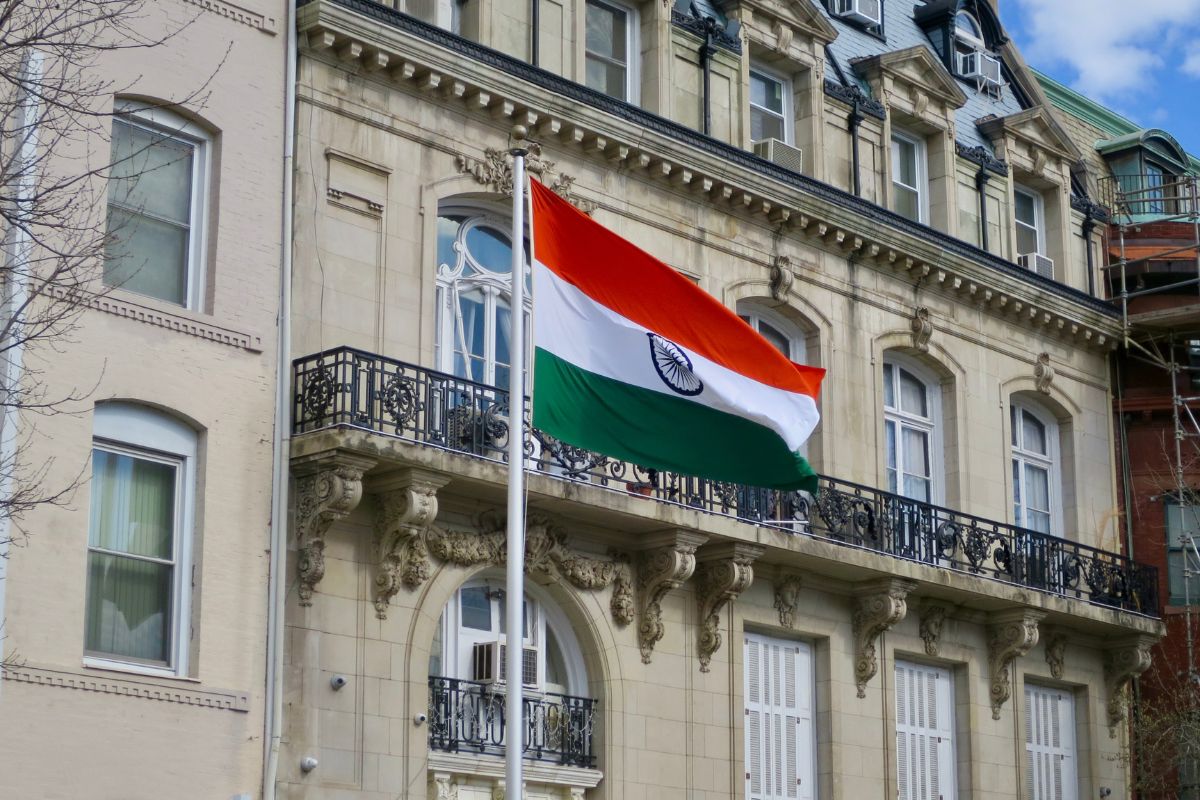Indian diplomacy is headed for perhaps its sternest test in recent years. In a little over three months, India will for the first time assume the presidency (December 2022 to November 2023) of the Group of 20 (G20) developed and prominent developing nations which will culminate with the G20 Summit. The coming months, therefore, will see New Delhi host hundreds of meetings with all G20 stakeholders. Every move, word, gesture, and perceived slight or slant by the country will be under the proverbial diplomatic microscope at a time when geopolitics is in flux and major world powers are ranged against each other.
The pressure on South Block to ensure not a foot is put wrong is undoubtedly going to be immense. Foreign policy expert Ambassador (Retd) Rajiv Bhatia, writing for a Gateway House publication recently, made the point that New Delhi has the opportunity to emerge by the end of its G20 presidency as the chief global diplomat.
He said: “India has hosted large international conferences such as the Non-Aligned Movement (NAM) summit in 1983 and the Third India-Africa Forum summit in 2015. But nothing compares with hosting the G20. It is the world’s informal steering directorate on global economic issues; it entails the responsibility of shaping decision-making on key challenges facing the world today; and its summit is preceded by a large quantum of preparatory deliberations that feed into the final outcome.”
That the G20 is an advisory body, not a treaty-based forum, and, therefore, its decisions are recommendations to its own members, does not take away from the fact that the grouping represents nearly 90 per cent of the world’s GDP, 80 per cent of global trade, and 67 per cent of the earth’s population. It wields incomparable political and economic influence. What is of concern in diplomatic circles, however, are the flashpoint issues which could end up making the G20 presidency a poisoned chalice for India.
The primary among them, under the rubric of the emerging “new cold war” or “West versus the rest” thesis, is the SinoRussian alliance ranged against the USA-European Union and its fallout for major regional powers including India. Additionally, New Delhi has to ensure a spirit of multilateralism pervades its presidency while ensuring its bilateral issues ~ the border dispute with China and import of cheap Russian oil and gas, for example ~ are not adversely impacted. Foreign minister S Jaishankar is a highly regarded diplomat and the trapeze artist in him will truly be put to the test.
Despite the challenges, says Ambassador Bhatia, the G20 presidency offers a unique branding opportunity for India to showcase its recent achievements including combating Covid-19 at home and abroad through vaccine aid and diplomacy, the digital revolution underway in the country, the steady progress in switching to renewables to counter climate change, moves to become self-reliant in manufacturing, and attempts to reshape global value chains. The devil lies in the details, of course, but if New Delhi succeeds in intensifying global South-South cooperation and ensuring North-South engagement on more equitable terms, it would have done its job.
A version of this story appears in the print edition of the August 28, 2022, issue.












